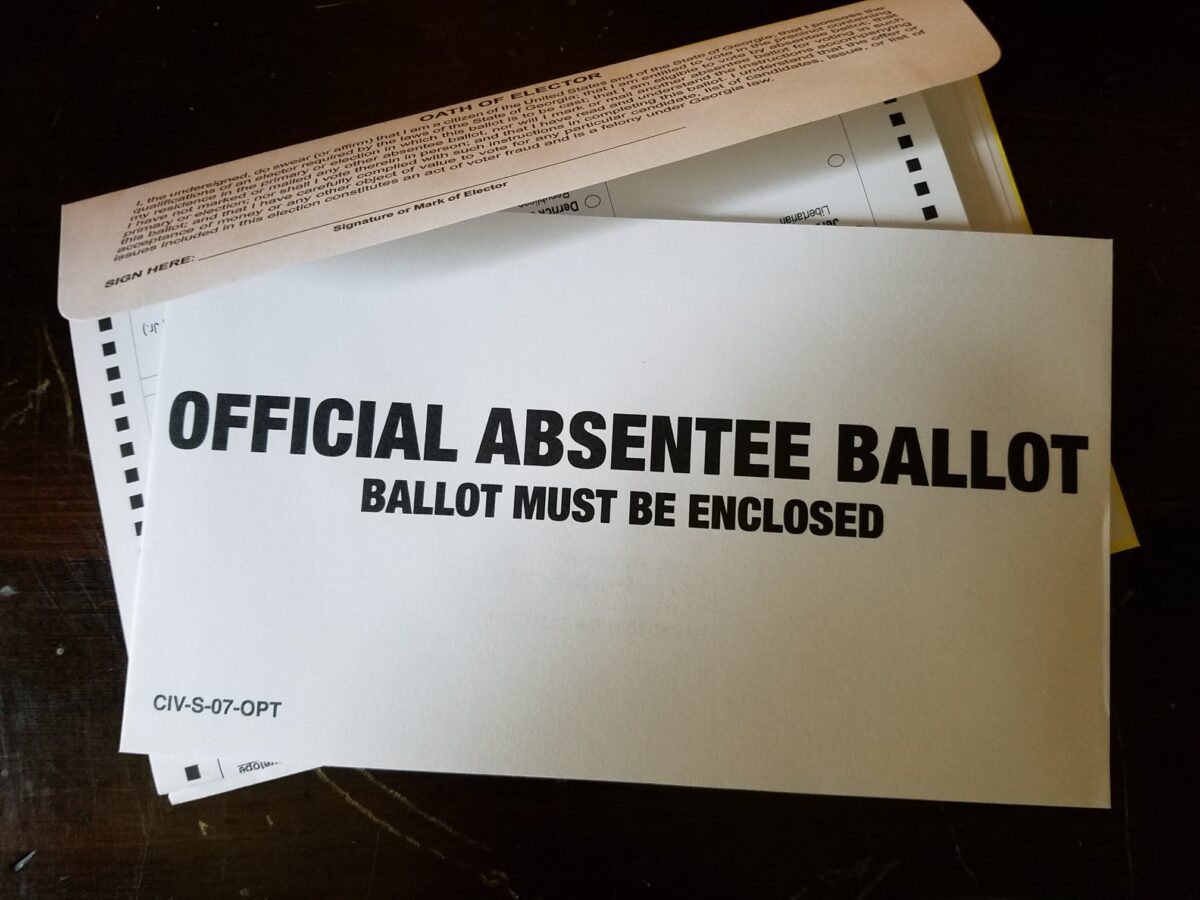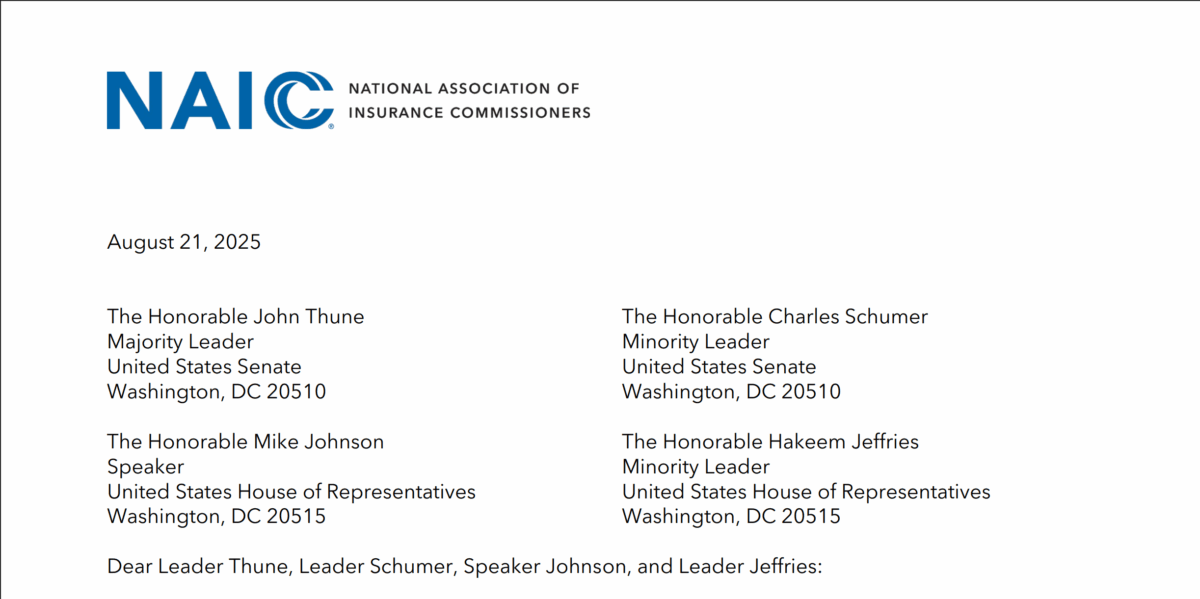People are angry because 8 Democratic Senators voted with Republicans to pass a continuing resolution and re-open the government. The measure now goes to the House where, if Johnson remembers where he left the key to open the doors, it’s likely to pass.
Democrats are furious with the Democrats who joined with the Republicans. Oh, not the Republicans for not negotiating with us. Not with Johnson for keeping the House shut down.
No, all the anger is directed at Senate Democrats, because they did not keep up the fight.
I can understand. I was pretty disappointed myself. I really wanted to see us push back on the harm Trump has been doing to the country; to show he’s not the boss of all of us. And I wanted us to help the millions of people who are about to lose their no longer affordable healthcare.
We ended up shutting the government down for 40 days and seemingly have nothing to show for it. Wow, Senate Democrats…you suck.
Except there’s a part of me that knows we had only two choices at this point: We could continue the government shut down until Trump gets his way, and the Senate Republicans kill the filibuster; or we could vote for the CR, without the healthcare subsidies. There are no other options.
We knew these were the only options when Schumer made his offer of a deal last week: that Democrats would drop all other demands in exchange for getting the healthcare subsidies. This was a good deal for Republicans. After all, a whole lot of Republican voters are now facing higher insurance costs, and the subsidies have overwhelming support with both Republicans and Democrats. The Republicans could also claim that they got Democrats to drop all other demands and re-opened the government.
But they didn’t take the deal. They not only didn’t take the deal, their faux outrage and instant rejection told us there was no deal Democrats could offer that Republicans would take. They wanted complete capitulation and they were willing to keep the government shut down as long as it took to get the Democrats to give up. To them, the greater harm was bipartisanship.
People keep talking about how Congressional Democrats don’t seem to understand how things have changed with Trump, and they have to change what they do to fight him. But we, on the outside of Congress looking in, also need to understand that things have changed. There’s a new math in play.
You have, on one side of an equation, us. On the other side, you have a group of people who only care about one thing: holding power. They don’t care about anything else.
They don’t care that we can’t afford healthcare. They don’t care if hungry people get fed. They don’t care if planes fly on time. They certainly don’t care that the federal government continues to function.
Once upon a time, they may have cared about these things, or a minimum, cared about the optics of voters not getting fed, not having healthcare, being able to safely travel, and have a functioning government. But people voted for Trump and he promised none of this, and this sent a message to today’s Republicans: the only thing that matters is holding power and the way to hold power is by pleasing Trump, and the best way to please Trump is hurting Democrats.
How to hurt Democrats? Well, basically, you hurt the people of this country: the more vulnerable the people, the better.
Nothing else matters.
So, wise and wonderful pundits who have been nammering for two days about the awful Democratic senators, how exactly do you negotiate successfully with a people who see no harm coming from doing nothing? No, let me rephrase the question: How exactly can you fight people like this without also harming the people of this country?
When you have a President and party in control that don’t give a damn about anything else but themselves, everything that we thought we knew about responsible governance goes out the door.
House Democrats can easily fight Republicans just by not voting for anything the Republicans want to pass, because we can be fairly confident that whatever they want won’t be any good. House Democrats can always dance on the side of angels.
Senate Democrats, though, are hindered by this thing called a filibuster, which requires 60 votes to pass anything in the Senate. It’s an outdated, outmoded idea that invariably harms the Democrats, and frankly, the people of this country, more than it constrains the Republicans. We should have dumped it when we had a chance, but didn’t.
But, we still have the filibuster. And because we do, Senate Democrats have basically two choices from now on: either a small subset throws themselves on the sword and votes to continue funding the government and keeping it functioning; or they all go for broke—do nothing for potentially several months, until Trump bullies Senate Republicans into dropping the filibuster to end the shutdown.
Either choice has consequences. Funding the government means people will lose healthcare. But not funding the government until the Republicans decide to blow up the filibuster means people still don’t have affordable healthcare, but we also have a badly broken government from being nonfunctioning for so long, and a severely harmed vulnerable population. And Senate Republicans can finally do the things they’ve wanted to do but couldn’t because of the filibuster:
- Make it difficult to vote
- Make life hell for the trans community
- Kill or maim the Affordable Care Act
- Starve SNAP, and diminish Medicaid even more
- Attack vaccines, prohibit abortions nationally, and kill birth control
- Cut taxes even more for the wealthy
- Destroy most government functionality, particularly the components that regulate commerce and industries
- Undermine academic freedom
- Expand the military and federal police organizations
- Push up the age in which a person can access Social Security and Medicare
Well, the list goes on. All you have to do is listen to the Trump administration folks and Congressional Republicans on Sunday talk shows to see the world they want to create. Or re-read the Project 2025 manifesto.
I used to think that Republicans had enough survival instincts to know that doing all of this will ultimately result in them losing power, but…people voted for Trump a second time. We no longer live in a rational universe.
As much as I think the filibuster harms Democratic goals, thank goodness we have it now.
Once the Republicans turned down the Schumer proposal, we knew there was nothing we could offer that the Republicans wanted. Their entire purpose now is to please Trump, because they see this as the way of holding onto power. And Trump has no problems inflicting maximum harm on the country to get his way, and his way is total domination of Democrats and complete subjugation of the country.
Other than being annoyed because nasty journalists keep asking him questions about it, Trump could care less that the country is shut down. It doesn’t stop him from building monuments to himself. It doesn’t stop his migrant pogrom. It certainly doesn’t stop him funding what he wants to fund, regardless of what Congress does.
It might be satisfying to keep the government shut down because it gives us the illusion we hold Congressional power, but we really don’t. Not unless we’re willing to sacrifice people who need food, who need to be paid, who are under threat of losing cars and homes, because of the shutdown.
The power we do have is our resistance, but never to the point of harming people who don’t deserve to be harmed. But, we can resist much in Congress without harming folks, and we should. We can resist much in the streets, and we will. We can resist when we vote, and we must.
Most importantly, we can remember exactly who it is we are resisting, and never let the pundits tell us otherwise.
When voters see their healthcare double at the end of the year, it won’t be because of a choice eight Democrats made, but because this is the choice 52 Republicans made. When people get their SNAP benefits, federal workers get their jobs back and get paid, and the country is functioning again, it won’t be because 52 Republicans voted, but because eight Democrats did.




